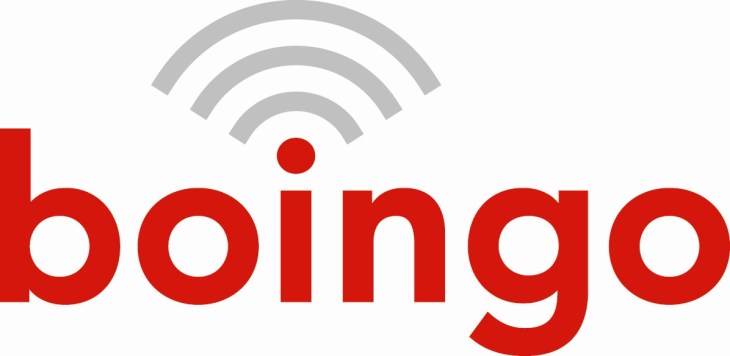Boingo has just announced via a press release that through a partnership with AT&T, it will now offers AT&T subscribers access to its hotspots at international airports beginning today, with service expansion planned throughout the rest of the year. As part of the same deal, Boingo subscribers will be able to access AT&T hotspots across the U.S. free of charge.
In the agreement, which applies to AT&T customers who subscribe to either the 300MB or 800MB international roaming data add-on packs, and any Boingo subscribers, the clear winners are the consumers. The expansion means that AT&T users traveling abroad will have a much wider footprint of Wi-Fi access, which should in turn ease their need to use add-on roaming packs and incur data overage charges.
The bigger winners might be Boingo subscribers, however, who now have access to a lot more Wi-Fi hotspots in the U.S. AT&T offers a fairly dense concentration of Wi-Fi hotspots through the U.S., with around 30,000 locations across the country. The arrangement shores up holes in either partner’s network, while providing better access for customers of both.
Offloading network traffic to Wi-Fi hotspots is a key element of carrier efforts to reduce network congestion, increase service quality and decrease infrastructure costs, so for AT&T this is about both adding options for customers and also helping to diminish its own costs around providing international roaming services. It also addresses a major user sore spot, since there are few things more frustrating than finding out you’ve exceeded your international bandwidth caps and ventured into overage territory. That said, these don’t come cheap: as mentioned, only customers with the $60/300MB and $120/800MB monthly add-on pack will be able to participate.
Carriers still need to figure out a way to make using smartphone internationally somewhat affordable, and offering access to free Wi-Fi hotspots is one way to do that. But relegating it to customers who are already paying a tremendous amount for data roaming to begin with seems like an insufficient move. Still, maybe this foretells a much broader (and more useful) partnership to come.
